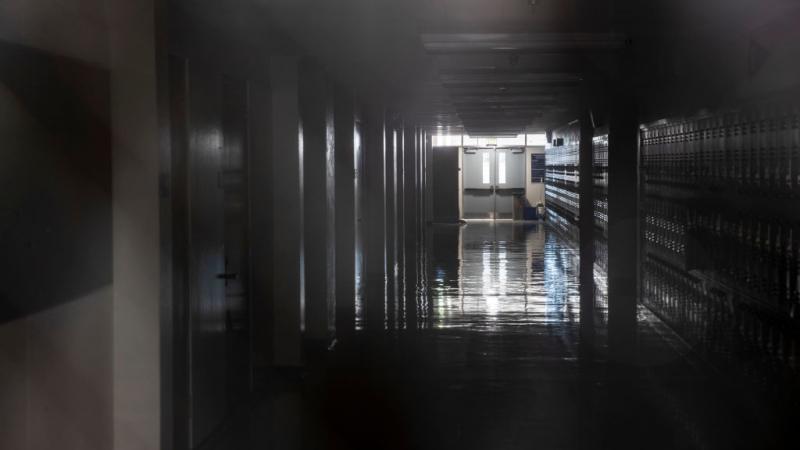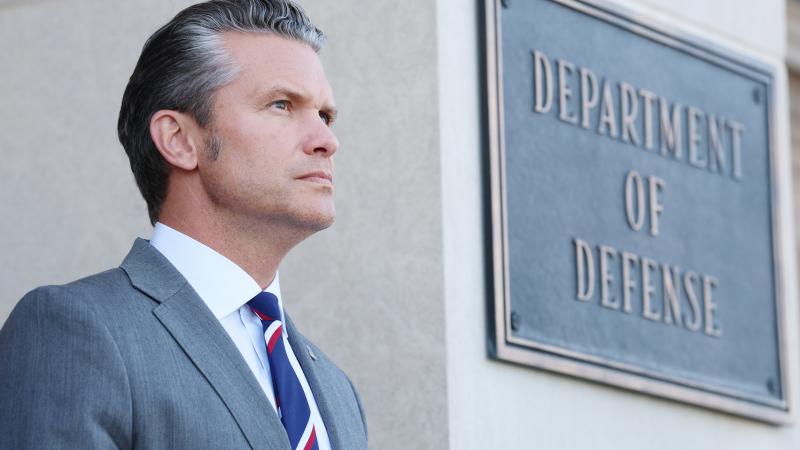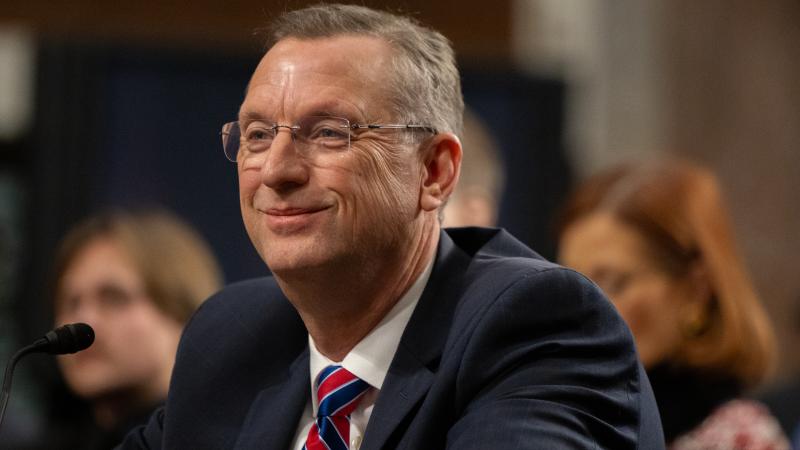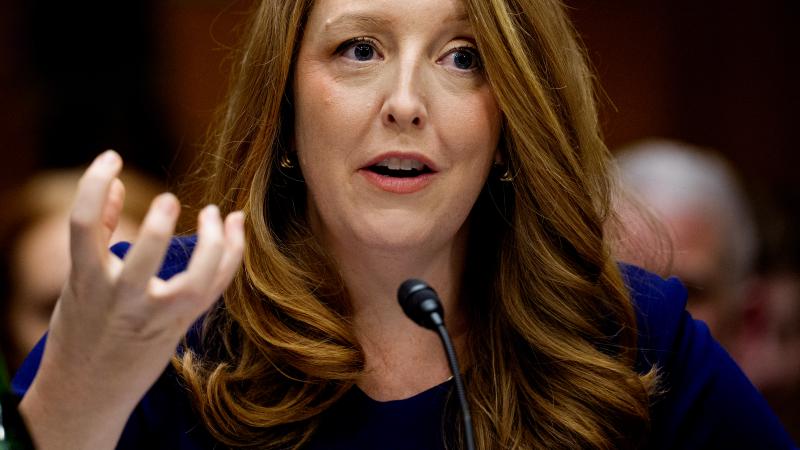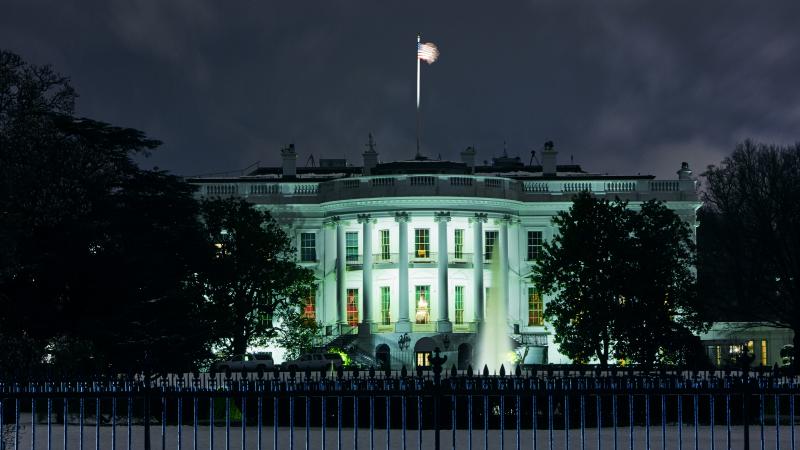'Something has to give' watchdog warns as national debt climbs rapidly toward $39 trillion
'We’re on course to spend $1 trillion just on interest payments on the national debt this year, exceeding our spending on our national defense. Something has to give – and eventually it will, whether we are prepared for it or not,' Committee for a Responsible Federal Budget says. Data show the rate of climb has reached $69k per second this year.
A watchdog group is warning that "something has to give" as the U.S. national debt climbs rapidly toward $39 trillion.
The national debt grew faster than at any time other than the COVID-19 pandemic to $38 trillion this week, in part, due to the lifting of the debt ceiling under the GOP's "One Big Beautiful Bill." Before the bill was signed in July 2025, the debt ceiling was $36.2 trillion.
In a detailed press release, The Committee for a Responsible Federal Budget (CRFP) predicted that the U.S. would "likely hit the next milestone in just a matter of months." The CRFB estimated that the deficit would likely reach $2 trillion for fiscal year 2026.
The deficit was $1.8 trillion in fiscal year 2025, which just concluded on September 30.
Prior to the COVID-19 pandemic, the deficit was under $1 trillion.
In fiscal year 2019, the deficit was $984 billion and the national debt was $22.7 trillion, according to Treasury Department data.
The road ahead: $1 trillion for interest payments will be needed
"We’re on course to spend $1 trillion just on interest payments on the national debt this year, exceeding our spending on our national defense," Maya MacGuineas, president of the CRFB said in the statement.
"Something has to give – and eventually it will, whether we are prepared for it or not," she added.
According to the Joint Economic Committee, the total U.S. national debt has increased by $69,713.82 per second over the past year.
"The reality is that we’re becoming distressingly numb to our own dysfunction. We fail to pass budgets, we blow past deadlines, we ignore fiscal safeguards, and we haggle over fractions of a budget while leaving the largest drivers untouched," MacGuiness said.
"Social Security and Medicare, for example, are just seven years from having their trust funds depleted – and you don’t hear anything from our political leaders on how to avoid such a disaster," she added.
The CRFB said current law "calls for deep across-the-board cuts in benefits" when the trust funds are depleted.
Erskine Bowles: "We can get this done"
The watchdog group held an event this week on some of the ways the Congress and the U.S. government can go about saving both programs for future retirees.
"We can get this done," said Erskine Bowles, former co-chair of the 2010 National Commission on Fiscal Responsibility and Reform or "super committee."
Bowles, a CRFB board member, said Congress must act soon to enact reforms to both programs, given their dire fiscal trajectory.
